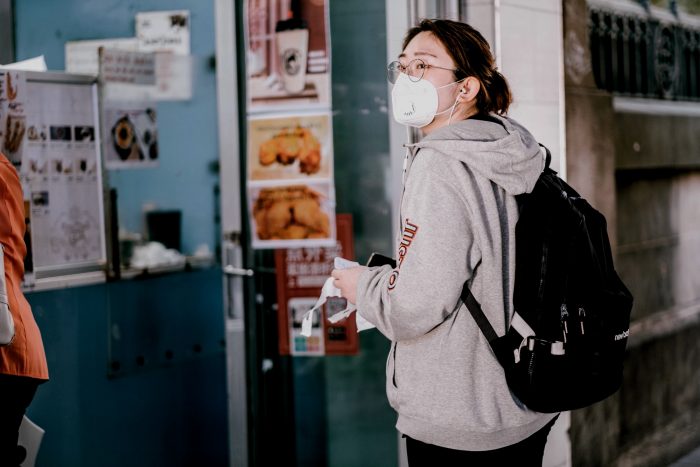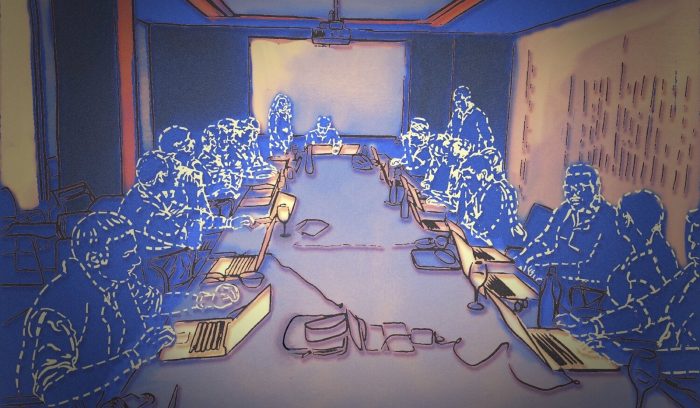Hanaa' TameezApril 16, 2020
The joint Guardian–Kaiser Health News project also wants to include other hospital staff, home health aides, and nursing home workers. “This data set is the first of its kind in its comprehensiveness, and it’s not tracked anywhere else.”









